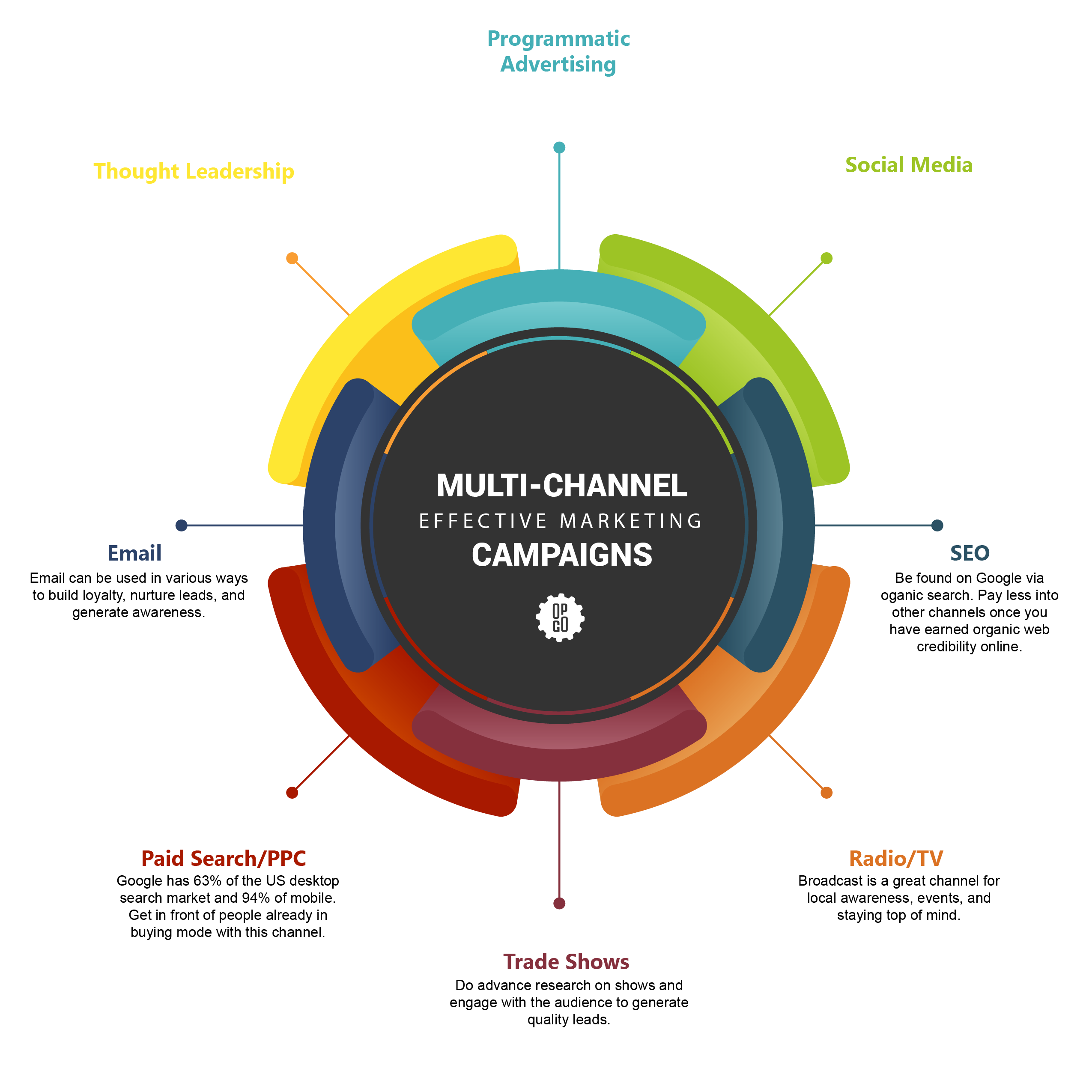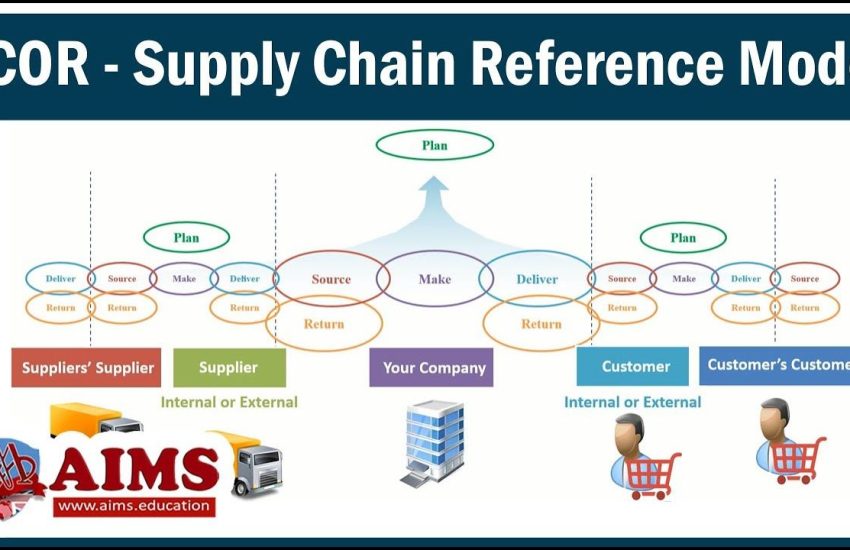Data-driven Marketing: Targeted Campaigns
Marketing has evolved significantly over the years with the advent of technology. Data-driven marketing has emerged as a powerful tool in the arsenal of marketers, enabling them to create targeted campaigns that yield better results. In this article, we will explore the concept of data-driven marketing and how it is transforming the way businesses connect with their audience.
What is Data-driven Marketing?
Data-driven marketing is an approach that involves utilizing data to gain insights into customer behavior, preferences, and demographics. It encompasses the use of various data sources such as website analytics, customer surveys, social media engagement, and more to inform marketing strategies.
By analyzing these data points, marketers can develop a clear understanding of their target audience and create targeted campaigns that resonate with them. This approach removes the guesswork involved in traditional marketing methods and allows businesses to make data-backed decisions for their marketing efforts.
Benefits of Data-driven Marketing
1. Enhanced Audience Segmentation
One of the primary advantages of data-driven marketing is the ability to segment the audience effectively. By analyzing customer data, marketers can identify common traits, interests, and preferences among various groups of customers. This granular segmentation allows for personalized messaging and tailored campaigns that significantly improve engagement and conversion rates.
2. Improved Customer Insights
Data-driven marketing enables businesses to gain deep insights into customer behavior and preferences. By analyzing data on customer interactions, purchase history, and browsing patterns, marketers can understand their audience’s needs and preferences better. These insights can then be utilized to create more relevant and personalized marketing campaigns.
3. Precise Targeting
With data-driven marketing, businesses can precisely target their ideal audience. By leveraging data on demographics, geolocation, and purchasing behavior, marketers can create campaigns that specifically cater to a particular segment of customers. This level of targeting ensures that marketing efforts reach the right people at the right time, ultimately increasing the likelihood of conversions.
4. Improved ROI
By leveraging data to inform marketing decisions, businesses can optimize their campaigns for better return on investment (ROI). Data-driven marketing allows marketers to allocate their resources more efficiently by focusing on strategies and channels that have proven to deliver the best results. This optimization helps businesses maximize their marketing budget and generate higher ROI.
Implementing Data-driven Marketing Strategies
Effective implementation of data-driven marketing strategies requires a systematic approach. Here are some steps businesses can take to leverage data for targeted campaigns:
1. Data Collection and Analysis
The first step is to collect relevant data from various sources such as website analytics, customer relationship management (CRM) systems, social media platforms, and third-party providers. Once collected, the data should be carefully analyzed to identify trends, patterns, and customer insights.
2. Customer Segmentation
Based on the data analysis, businesses can segment their customer base into distinct groups. This segmentation should go beyond basic demographics and incorporate psychographic factors such as interests, behaviors, and preferences. Segmenting the audience allows for the creation of targeted campaigns that resonate with specific groups of customers.
3. Personalized Messaging
Using the insights gained from data analysis and customer segmentation, businesses can create personalized messaging for their marketing campaigns. Whether it’s email marketing, social media advertising, or content creation, personalization helps capture the attention of the audience and improves overall engagement.
4. Ongoing Testing and Optimization
Data-driven marketing is an iterative process that requires continuous testing and optimization. Marketers should regularly monitor campaign performance, analyze the data, and make necessary adjustments to improve results. This ongoing optimization ensures that marketing efforts are constantly refined based on real-time data.
Conclusion
Data-driven marketing is revolutionizing the way businesses connect with their audience. By leveraging data and utilizing analytics tools, marketers can create targeted campaigns that yield better results. Enhanced audience segmentation, improved customer insights, precise targeting, and improved ROI are some of the key benefits of data-driven marketing. By implementing a systematic approach to data collection, analysis, segmentation, and personalization, businesses can unlock the full potential of data-driven marketing and stay ahead in today’s competitive landscape.


